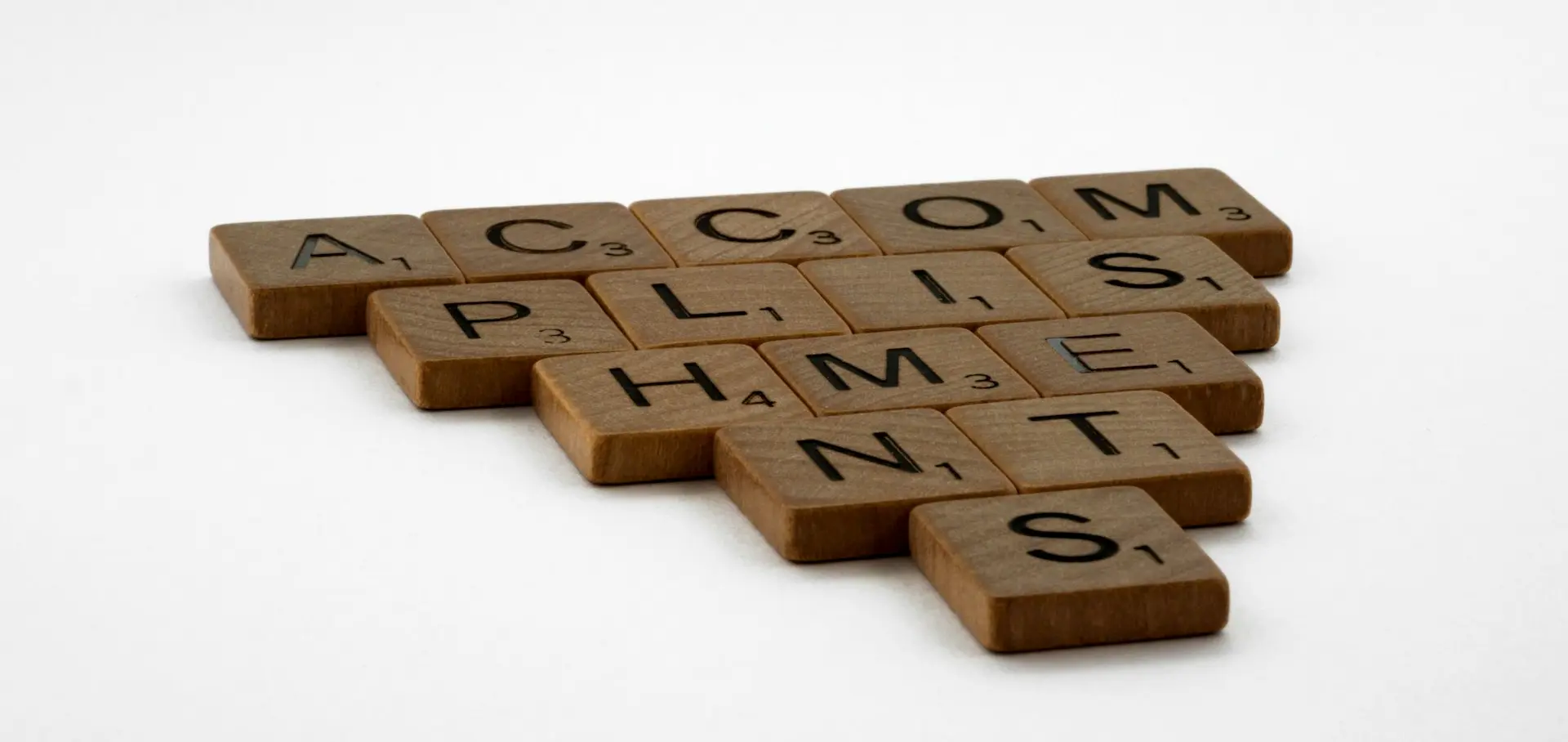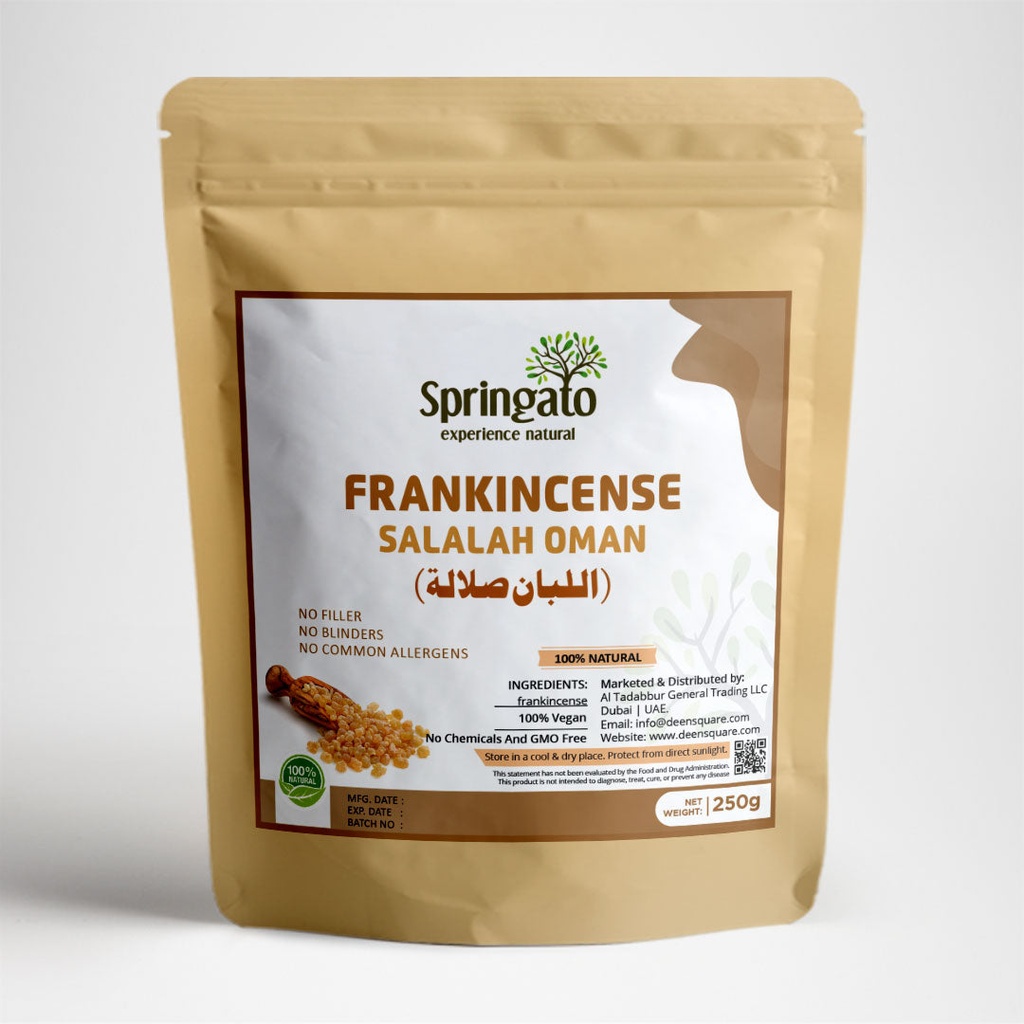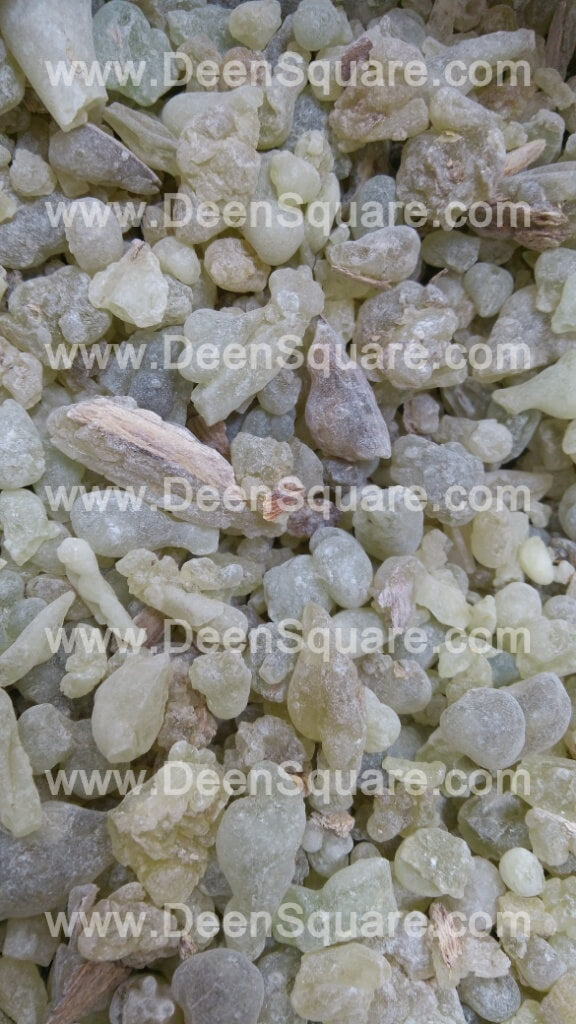Frankincense has been one of Oman’s most famous and highly prized natural products since antiquity, and its heady aroma is never far away, wafting out of everything from homes, mosques and souks through to modern office blocks and hotel lobbies, providing the country with an instantly recognizable olfactory signature. Omani frankincense – particularly that from Dhofar Region (Salalaah) – is generally considered the finest.
Frankincense is a key element in traditional Omani life; a frankincense burner is traditionally passed from hand to hand after a meal in order to perfume clothes, hair and beards; it is also used as an ingredient in numerous perfumes, as well as in Omani bukhoor. Besides its aromatic properties, frankincense has many practical uses, Its smoke repels mosquitoes
Qty: 250g
Note: This is edible
Frankincense (in Arabic, luban) is a type of resin obtained from one of four trees of the Boswellia genus, particularly the Boswellia sacra, which thrives in the semi-arid mountainous regions around Salalah, often surviving in the most inhospitable conditions and sometimes appearing to grow straight out of solid rock. These distinctive trees are short and rugged, rarely exceeding 5m in height (and frequently shorter), often with a shrub-like cluster of branches rising straight from the ground, rather than a single trunk, and with a peeling, papery bark.
Frankincense is collected by making – or “tapping” – small incisions into the bark, causing the tree to secrete a resin, which is allowed to dry and harden into so-called “tears”. Tapping and collection is a skilled but often arduous profession. Trees start producing resin when they are around ten years old, after which they are tapped two or three times a year. Virtually all frankincense is taken from trees growing in the wild – the difficulty of cultivating the trees means that they’re not generally farmed on a commercial scale, in the manner of, say, dates, adding to the resin’s mystique














